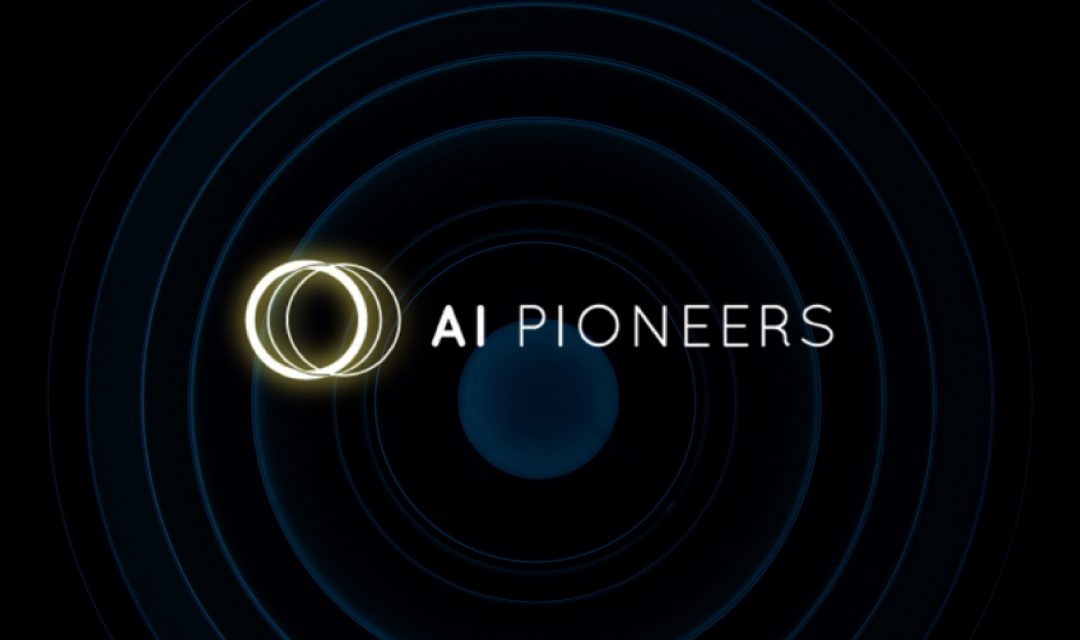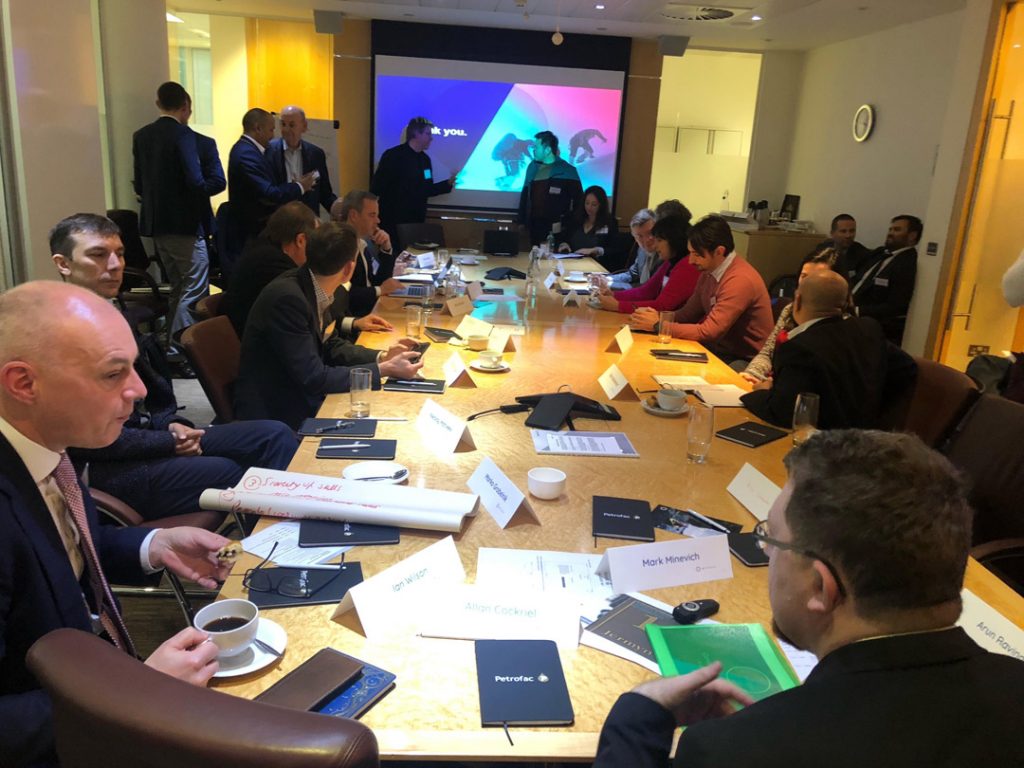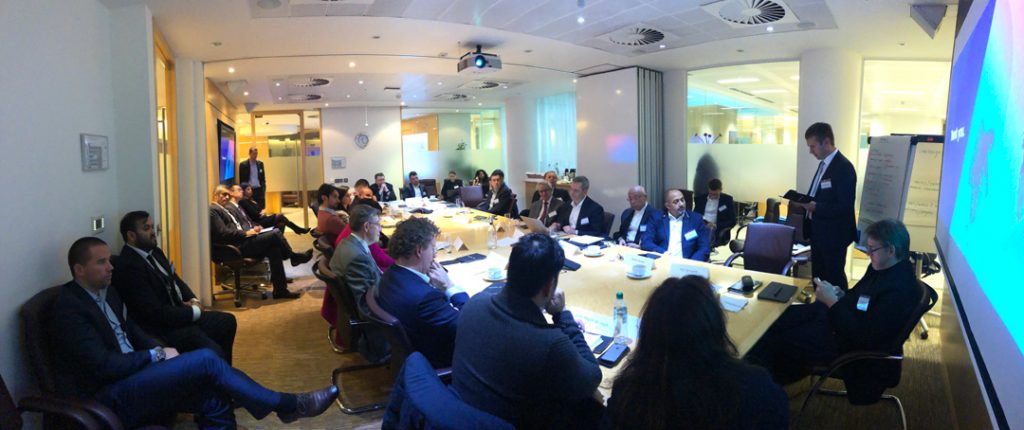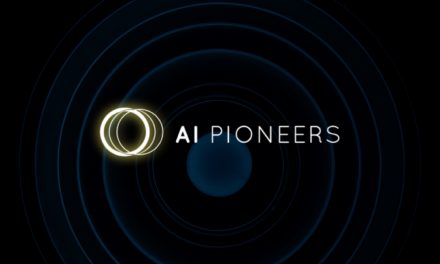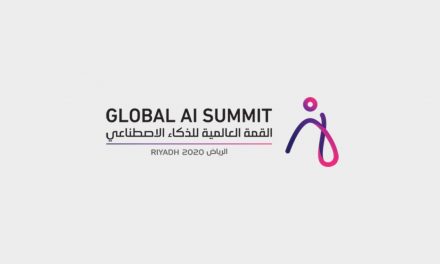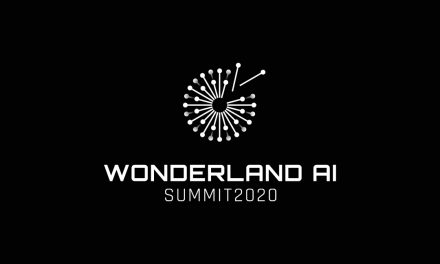December 5th & 6th, 2018
Tokyo, Japan
Convergence needs to be central to our strategy to enable us to take advantage of disruptive technologies. In doing so organisations have re-defined industries and changed the way the world works. Think of Asos, Uber, Netflix, AirBnB. All of whom changed the way we view an industry and taken a significant chunk of market share in the process. The level of opportunity these disruptive technologies and their convergence offers is matched only by the level of threat they present. Preparing and planning for a period of hyper-convergence and hyper disruption makes business sense.
And what of convergence within AI? AI provides the perfect breeding ground for convergence. Why? Firstly, because of the huge opportunity that AI represents to redefine the way we work and live. The forecast for Global AI delivered business value is approximately $1.2 billion in 2018 and is expected to more than triple to $3.9 billion in four year’s time according to Gartner. The future outlook is even heftier with Accenture predicting that AI will lead to the creation of $14 trillion in economic growth by 2035. Secondly, because of the sheer amount of resource that AI requires to develop, in terms of monetary, time and human resource. The case remains that AI is not a simple off the shelf product; it requires training, know-how and commitment to create tools, and even then these tools are created within narrow pockets of AI. In order to democratise AI, in order to innovate with new tools and solutions we will require the convergence of skills, capabilities, technologies, time and resource.
How do we achieve convergence? By creating disruptive business models. By aligning ourselves with others around common goals. By opening ourselves up to sharing our data, our IP, and expertise with others in return for theirs so that we can achieve our goals faster. This will require cultural shifts for many organisations but it is becoming necessary. We are moving from cost saving to value creation. Organisation’s relationship with society is becoming increasingly important, as we slowly move towards a better more human centric world. In this new society organisations that fail to collaborate and remain inwards looking will suffer and those that collaborate will be better positioned to find new solutions and opportunities in the marketplace.
So how will we converge for the betterment of society? Technology convergence will be a significant driver; AI, Cloud, IoT, analytics, RPA can all provide value but their sum will create significantly more value than their parts. Collaboration between companies, governments and industries will also speed innovation and development of tools that better society and enterprise. They will allow us to broaden the narrow pockets of AI and create a society where AI is available for mass consumption.
